6 insightful books for understanding global politics
Foreign policy expert Richard Haass, who has served in the administrations of four presidents, shares the books that have shaped his worldview
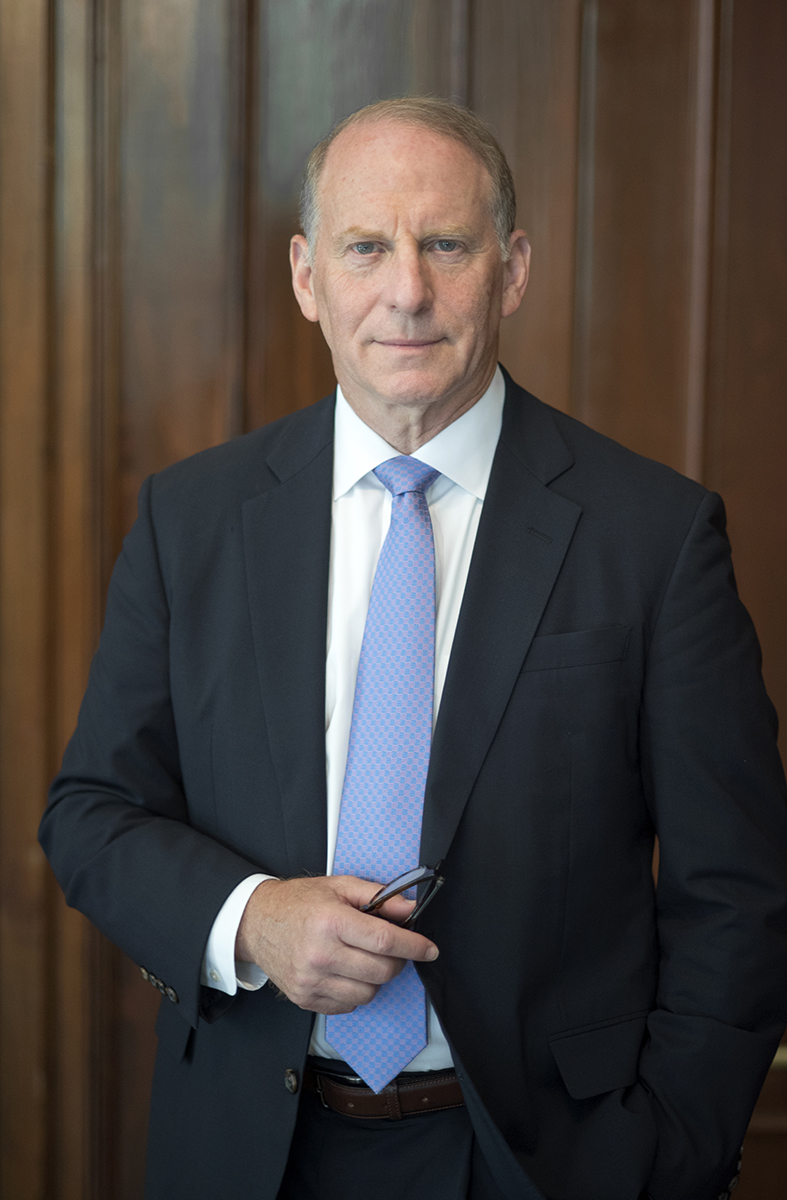
Richard Haass is president of the Council on Foreign Relations and has served in the administrations of Presidents Carter, Reagan, Bush, and Bush. Below, he shares the books that have shaped his worldview:
The Anarchical Society: A Study of Order in World Politics by Hedley Bull (Columbia, $36).
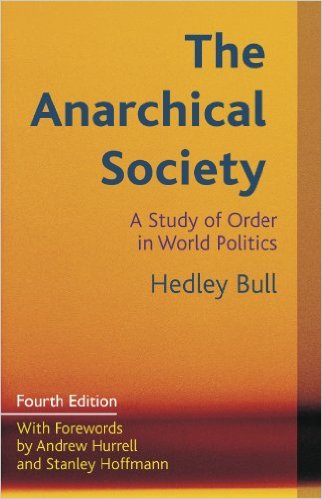
I came to know Hedley in the 1970s at Oxford. As the title of his 1977 book suggests, he argues that the state of the world can be understood as a balance between the forces of anarchy and social order. This book shaped my thinking more than any other.
The Week
Escape your echo chamber. Get the facts behind the news, plus analysis from multiple perspectives.

Sign up for The Week's Free Newsletters
From our morning news briefing to a weekly Good News Newsletter, get the best of The Week delivered directly to your inbox.
From our morning news briefing to a weekly Good News Newsletter, get the best of The Week delivered directly to your inbox.
A World Restored: Metternich, Castlereagh and the Problems of Peace, 1812–22 by Henry Kissinger (Echo Point, $22).
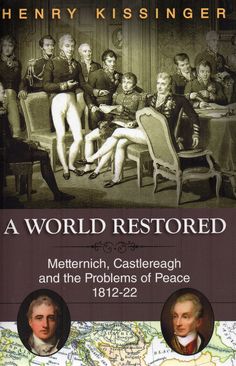
Kissinger is the great scholar-practitioner of our age. His 1957 book, a history of the early 19th-century Congress of Vienna and its aftermath, began as his Harvard doctoral dissertation. It is filled with sharp character portraits as well as much general wisdom.
The Proud Tower: A Portrait of the World Before the War, 1890–1914 by Barbara W. Tuchman (Random House, $18).
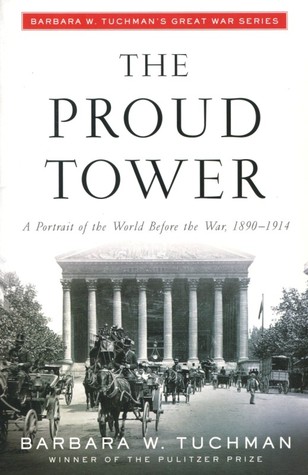
Tuchman is one of the 20th century's most popular historians. I chose her 1966 book, a collection of eight essays on Europe's political and cultural landscape on the eve of World War I, because it hooked me on reading history.
A free daily email with the biggest news stories of the day – and the best features from TheWeek.com
The Quiet American by Graham Greene (Penguin, $17).
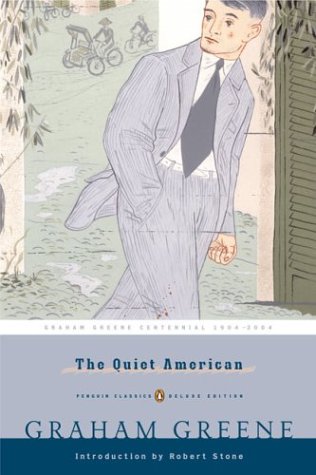
First published in 1955, just after the fall of colonial rule in Southeast Asia, this novel was prescient in suggesting why and how the United States would fail in Vietnam. Through reading it, I learned that good fiction has as much to teach as nonfiction.
Present at the Creation: My Years in the State Department by Dean Acheson (Norton, $38).
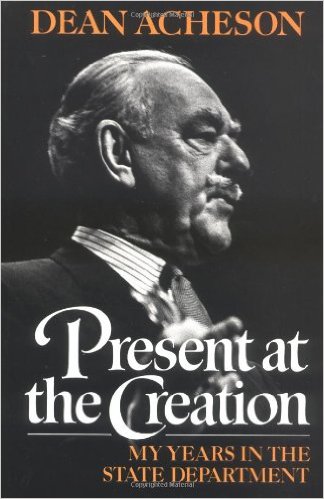
Acheson swore he'd never write about his time as Harry Truman's secretary of state, saying that it would inevitably turn into an exercise in self-justification. He broke his promise in 1969 with this excellent, Pulitzer Prize–winning memoir, which covers what is arguably the most creative period of modern American foreign policy.
Thinking in Time: The Uses of History for Decision Makers by Richard E. Neustadt and Ernest R. May (Free Press, $20).
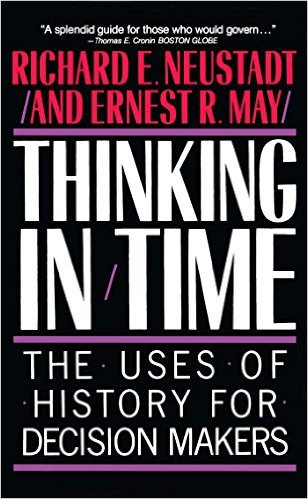
Written three decades ago by two of my former Harvard colleagues, this book draws lessons from America's successes and blunders on the world stage. It should be required reading for anyone thinking about or practicing foreign policy.
— Richard Haass recently released his new book, A World in Disarray: American Foreign Policy and the Crisis of the Old Order.
-
 Nvidia: unstoppable force, or powering down?
Nvidia: unstoppable force, or powering down?Talking Point Sales of firm's AI-powering chips have surged above market expectations –but China is the elephant in the room
-
 5 hard-working cartoons about Labor Day celebrations
5 hard-working cartoons about Labor Day celebrationsCartoons Artists take on creation of AI, spelling mistakes, and more
-
 Codeword: September 7, 2025
Codeword: September 7, 2025The Week's daily codeword puzzle
-
 Ghislaine Maxwell: angling for a Trump pardon
Ghislaine Maxwell: angling for a Trump pardonTalking Point Convicted sex trafficker's testimony could shed new light on president's links to Jeffrey Epstein
-
 The last words and final moments of 40 presidents
The last words and final moments of 40 presidentsThe Explainer Some are eloquent quotes worthy of the holders of the highest office in the nation, and others... aren't
-
 The JFK files: the truth at last?
The JFK files: the truth at last?In The Spotlight More than 64,000 previously classified documents relating the 1963 assassination of John F. Kennedy have been released by the Trump administration
-
 'Seriously, not literally': how should the world take Donald Trump?
'Seriously, not literally': how should the world take Donald Trump?Today's big question White House rhetoric and reality look likely to become increasingly blurred
-
 Will Trump's 'madman' strategy pay off?
Will Trump's 'madman' strategy pay off?Today's Big Question Incoming US president likes to seem unpredictable but, this time round, world leaders could be wise to his playbook
-
 Democrats vs. Republicans: which party are the billionaires backing?
Democrats vs. Republicans: which party are the billionaires backing?The Explainer Younger tech titans join 'boys' club throwing money and support' behind President Trump, while older plutocrats quietly rebuke new administration
-
 US election: where things stand with one week to go
US election: where things stand with one week to goThe Explainer Harris' lead in the polls has been narrowing in Trump's favour, but her campaign remains 'cautiously optimistic'
-
 Is Trump okay?
Is Trump okay?Today's Big Question Former president's mental fitness and alleged cognitive decline firmly back in the spotlight after 'bizarre' town hall event